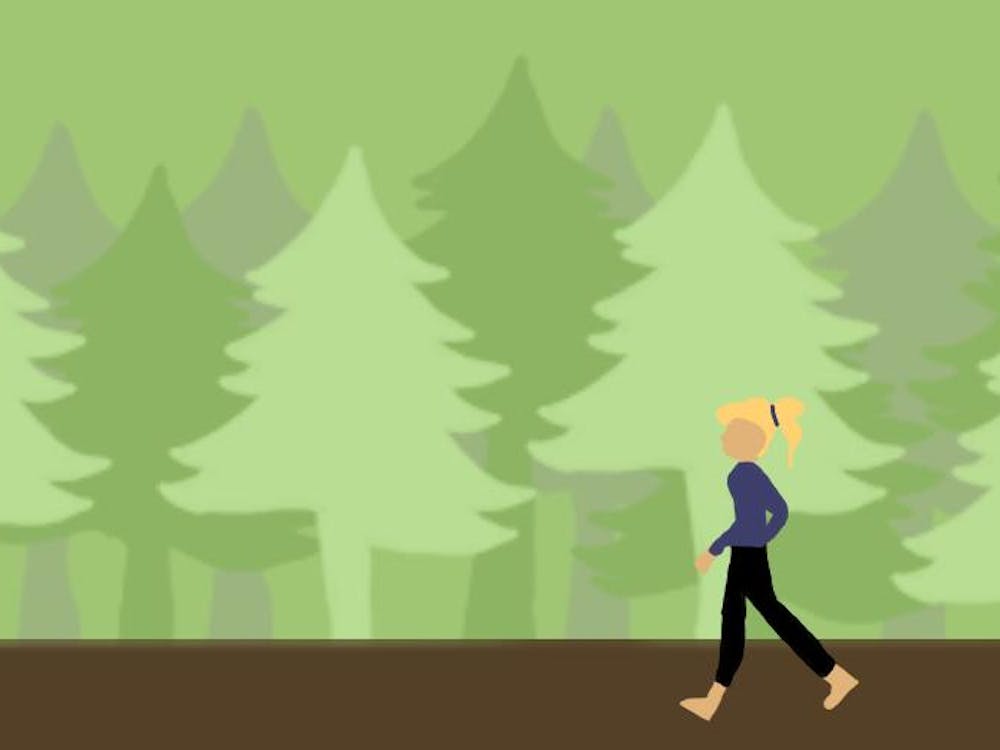“Post-racial America does not exist.”
This is a quote I heard during Black Student Alliance and Black Dot’s event in the amphitheater Wednesday evening. Community members and students gathered together in solidarity the day following Martese Johnson’s controversial arrest.
I believe we at the University have reached a tipping point in the past week. Although race has long been on people’s radars, it has been a hushed topic of conversation at the University for several years. The only time I have ever had open conversation about race was during Sustained Dialogue groups.
During these facilitated conversations, I repeatedly heard and participated in discussions of race, privilege, inequality, oppression and the U.Va. and Charlottesville communities. In addition, I’ve recently begun reflecting on my life, and what it has been like going to school in a society we wish we could call post-racial.
Such reflection took me back to the times people either seriously or jokingly referred to me as the fulfillment of a quota. Although these comments are often made in jest, I wonder whether taking them lightly reflects a fundamental problem. Is it really ever acceptable to desensitize ourselves toward racist comments of any nature?
I’m not sure if I have an answer to this because personally, I can take a joke, and I can identify an ill-intentioned comment from a less serious one. On the other hand, I honestly do not know if I have ever felt fully unaffected by a racist joke.
I also remember feeling uncomfortable in several instances in which people made it clear they viewed me as different. In elementary and middle school, when we would learn about slavery or race-based oppression, my classmates would look at me because I was the only black student in my class. Later, people would half-jokingly tell me, “You only got into U.Va. because you’re black.” Similarly last year, a white student told me Martese was only endorsed by The Cavalier Daily and elected to the Honor Committee because he is black.
People often ask me why I attend a “racist institution” — after all, Thomas Jefferson was a slave owner. Our University was built by slaves. Yet, he is often remembered for his rhetoric surrounding liberty.
To that, I respond by saying the University is a place where I have learned, loved and thrived. It is also a place where I have been hurt and upset. No one and no place is perfect. The University has its good and its bad, and I can live with that because as a member of this community, I realize I have an important role and responsibility. I have capability, knowledge, strength, and peers who can pave the road to justice and equality.
Further, in light of recent events, I reflect today on the importance of race-based dialogue at the University. Progress requires collective action, courage, dedication and most importantly, acknowledgement. We must first and foremost recognize racism still exists before we can put an end to it. Silence only contributes to existing problems.
U.Va. is more than an institution. It is something people of all races, genders, backgrounds, sexualities and socioeconomic statuses share. We thus have the opportunity to catalyze progress toward equality on all fronts in our community and beyond. If we continue to hush and discredit dialogue involving marginalized communities, how will we ever truly believe we are a “community of trust?” How will we be able to make the systemic and institutional changes we are crying out for?
Race matters. It doesn’t need to be difficult to talk about. It has a voice. I urge us, as a community, to come together, listen, and participate.
Leah’s column runs biweekly Thursdays. She can be reached at l.retta@cavalierdaily.com.






